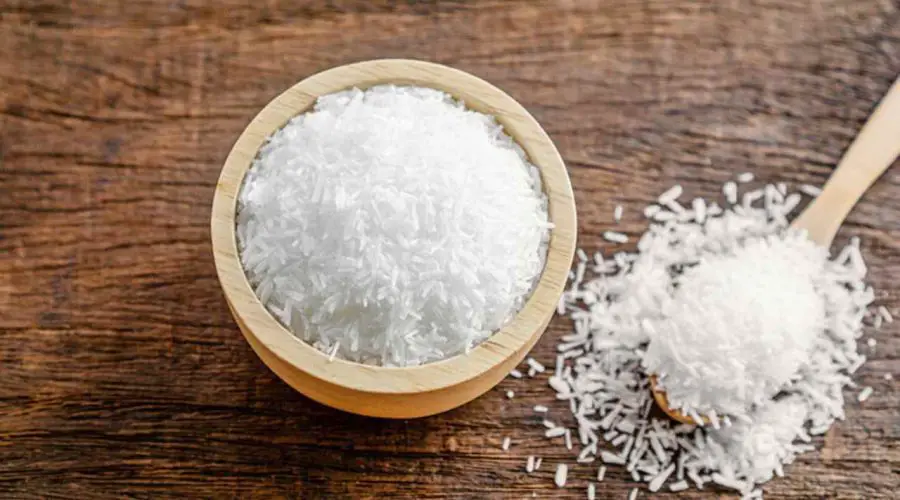The Mystery Behind MSG (Ajinomoto): Is it Really BAD for Your Health?
Ajinomoto, popularly known as MSG (monosodium glutamate), is a flavour enhancer that is frequently the subject of debate due to its negative health effects.
While some claim it can obstruct arteries, the majority believe that it can trigger a heart attack. But is Ajinomoto truly unhealthy, or are all these allegations only a hoax? So let us uncover this mystery once and for all :
What is the Ajinomoto?
Ajinomoto, as known as MSG, is a chemical composed of salt and glutamic acid, one of the most prevalent naturally occurring amino acids. MSG is made from plant-based substances like sugar cane, sugar beets, salt, cassava, and corn. It is an essential component of Asian cuisine and is typically added to noodle dishes, fried rice, soups, etc.
Originating in Japan in 1908, it rose to fame in 1909 when a Japanese business named Ajinomoto began making and distributing MSG commercially.
Million Dollar Question: Is it Truly Unhealthy?
The Food and Drug Administration (FDA) has classified MSG as a “generally recognised as safe” (GRAS) food ingredient, putting an end to all accusations that MSG is toxic.
It goes without saying that MSG should be used sparingly, as excessive or frequent use can be hazardous to the body.
MSG is merely a flavouring derived from glutamic acid, a common amino acid found in foods such as vegetables, cheese, tomatoes, fish, meat, eggs, lentils, and other dairy products.
MSG is not non-vegetarian because it is a chemical compound derived from natural sources.
Frequently Asked Questions
1. What is the truth behind MSG?
Proteins are created in our bodies and in food by the amino acid glutamate. MSG lacks a distinctive flavour of its own. Instead, MSG is added as a flavour enhancer to foods like meat, poultry, soups, stews, casseroles, gravies, seafood, snacks, and vegetable dishes to bring out their inherent flavours.
2. Why is MSG called Ajinomoto?
MSG (also known as monosodium glutamate) and ajinomoto are essentially the same substance. MSG is the brand name of the product, and Ajinomoto is the name of the Japanese manufacturer. The brand Ajinomoto itself became rather well-known, and the business later copyrighted it to ensure exclusivity.
3. Does Ajinomoto contain pig fat?
The agency eventually declared that enzymes raised on pork fat were present in a monosodium glutamate-based flavour enhancer. Up until June, the corporation used a beef-based product to make the MSG flavouring before switching to a pig enzyme. It was unclear why the switch had been made. Jan. was chosen by Ajinomoto.
4. Is MSG healthier than salt?
“MSG adds umami, a savoury flavour, and has two thirds less sodium than table salt. The decision of what to eat is largely influenced by taste. Making healthy eating simpler by substituting MSG for part of the salt in the diet and enhancing the attraction of nutritious meals will help, which is likely to have a favourable influence on health.”

